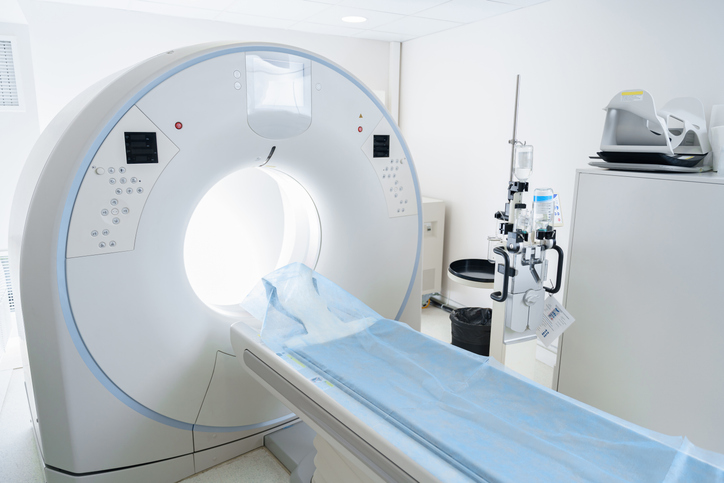
Subjectively assessed functional capacity during risk assessment for major cardiac surgery was less accurate than other fitness markers, according to prospective cohort study results from the METS investigators recently published in The Lancet. The multicenter, international study included data from 1,401 patients in 25 hospitals across Canada, the United Kingdom, Australia and New Zealand.
Assessment of functional capacity before major non-cardiac #surgery: an international, prospective cohort study https://t.co/Bpq0SPLOTv pic.twitter.com/LSX6P9eLvK
— The Lancet (@TheLancet) July 3, 2018
The authors included adults aged at least 40 years scheduled to undergo major non-cardiac surgery and who had one or more risk factors for cardiac complications such as heart failure, stroke or diabetes. Functional capacity was assessed preoperatively in a clinic, and patients also filled out a Duke Activity Status Index (DASI) questionnaire, underwent exercise testing for peak oxygen measurement, and had a blood test done. The primary study endpoint was death or myocardial infarction within 30 days after surgery.
According to their results, 28 patients achieved the study endpoint. Subjective assessment showed 19.2% (95% CI, 14.2-25) sensitivity and 94.7% (95% CI, 93.2-95.9) specificity for identifying the non-attainment of four metabolic equivalents during peak oxygen measurement. They also reported that only DASI scores were linked with predicting the primary study outcome (adjusted OR=0.96; 95% CI, 0.83-0.99; P=0.03).
“Subjectively assessed functional capacity should not be used for preoperative risk evaluation,” they wrote. “Clinicians could instead consider a measure such as DASI for cardiac risk assessment.”
A practice changing multinational study by Duminda Wijeysundera and team #UHNAnesthesia https://t.co/K6blXEUneM
— Keyvan Karkouti (@KeyvanKarkouti) June 30, 2018
Subjective functional capacity not so useful in Perioperative assessment https://t.co/QheZZ0Ot2W
— VC (@doctorvec) July 2, 2018
https://twitter.com/dan26wales/status/1013315469313536001
Another important study in the evaluation of perioperative risk! #METS https://t.co/1jYhPEvGDH
— Derek Chu (@dkchu) June 29, 2018
Should we scrap the use of METS and use objective scores like the Duke Activity Status Index?
Probably:https://t.co/5ELwnTAFuS#perioperativemedicine @PeriopResearch @PeriopTalk @PeriopMedUCL @rupert_pearse @GSTTanaesthesia
— Kariem (@elboghdadly) June 29, 2018
Source: The Lancet







 © 2025 Mashup Media, LLC, a Formedics Property. All Rights Reserved.
© 2025 Mashup Media, LLC, a Formedics Property. All Rights Reserved.